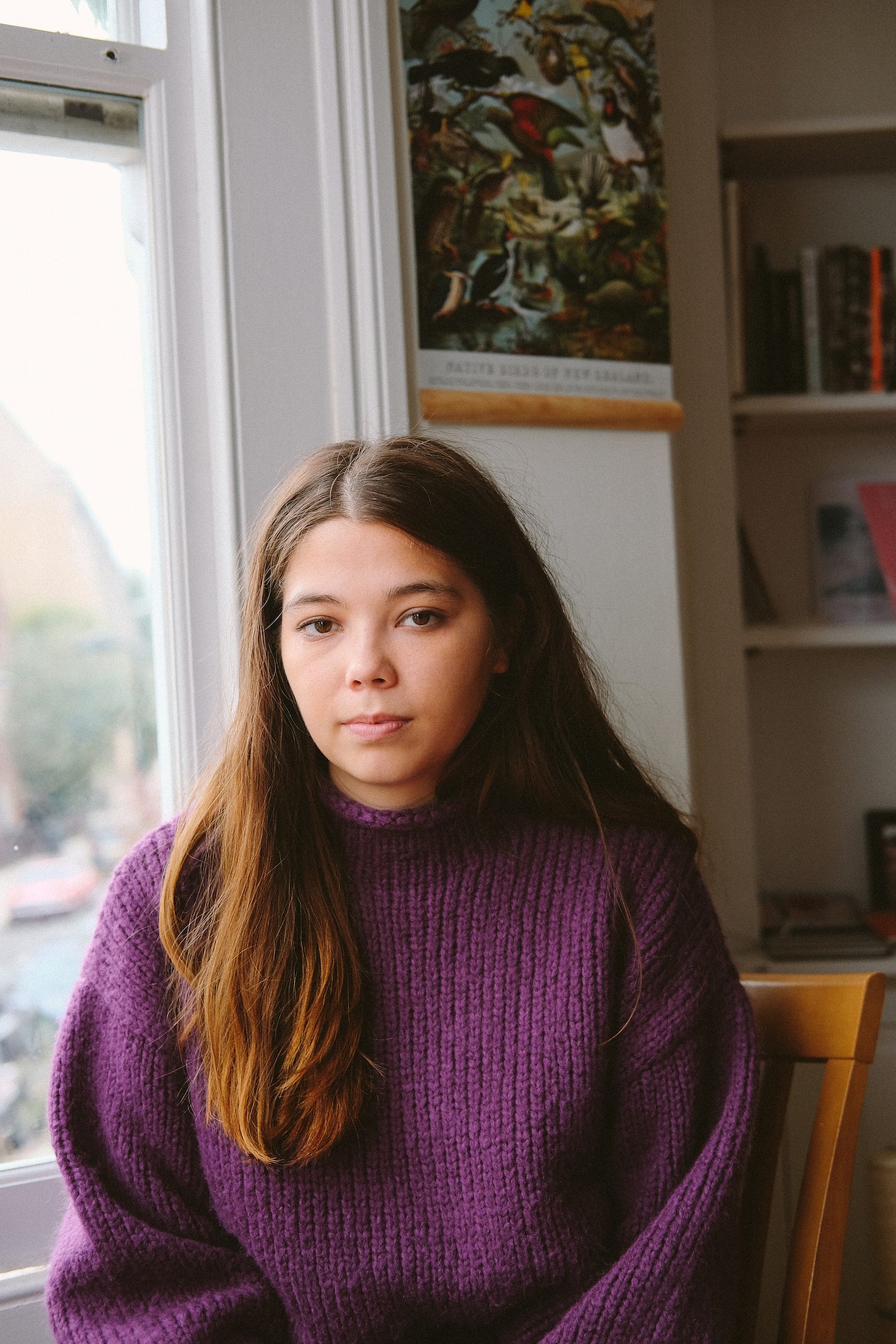Nina Mingya Powles: “Do I have to explain myself, or can I just be seen?”
The writer on points of connection, holding language in our bodies and being mixed as an invisible disguise
Hi, welcome back to Mixed Messages! This week I’m speaking to poet and author Nina Mingya Powles, the author of Tiny Moons: A Year of Eating in Shanghai, Magnolia and Small Bodies of Water. Nina’s work explores her multiple heritages from many lenses, including geography, food, language and more. Her poetry collection, Magnolia, in particular struck a c…


